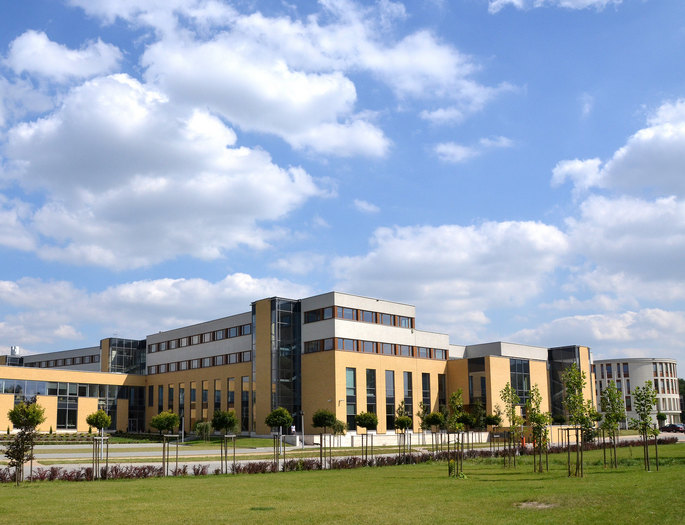
The JU Faculty of Mathematics and Computer Science invites you to attend this year’s edition of the Stanisław Łojasiewicz Lecture, entitled ‘The infinite is a good approximation of the very large finite’, which will be delivered by Prof. László Lovász from the Alfréd Rényi Institute of Mathematics of the Hungarian Academy of Sciences.
Lecture abstract:
From Zeno's paradoxes to quantum physics, the question of the continuous nature of our world has been prominent and remains unanswered. Does space-time really exist, or is it just a good model for an enormous, but finite number of elementary particles?
Discrete structures behave quite differently from continuous ones. The great success story of mathematics in the 18-th and 19-th centuries was the development of analysis, with extremely powerful tools such as differential equations or Fourier series, and with by now very standard methods like the famous (infamous?) epsilon-delta technique. Discrete mathematics had a later start, but for importance of its applications it is catching up. Its proof techniques are different, such as enumeration or induction. In the continuous world, algorithms are mostly computations, with numerical analysis at the center. In the discrete world, algorithmic ideas are more diverse, including searching, recurrence, and (yes!) pulling in methods from continuous mathematics.
I will illustrate that recognizing that often in the depth, discrete and continuous mathematics often deals with closely related problems. I will use constructions for continuous limits of graph sequences, and also a cross-fertilization between two theories of submodular functions: in the discrete world, this encompasses matroid theory, flow theory and more, while in analysis, it starts with the work of Choquet on electric capacities, and contains a lot of work on nonlinear integrals and related issues.
For more information, please visit the JU Faculty of Mathematics and Computer Science website.

